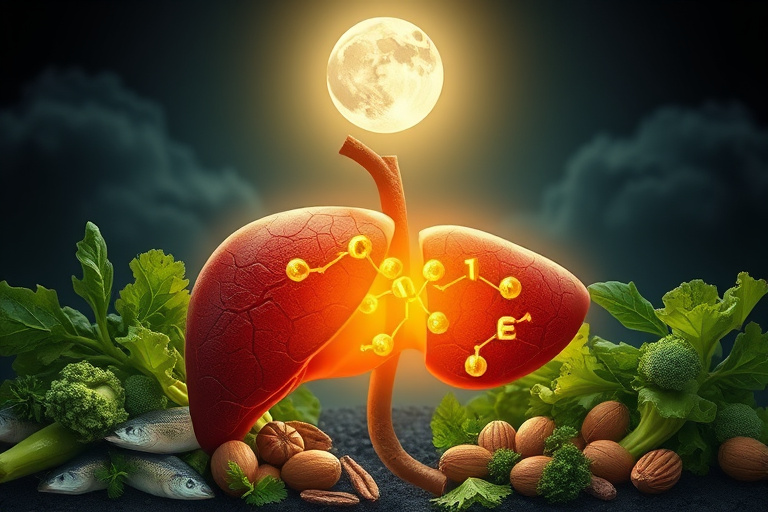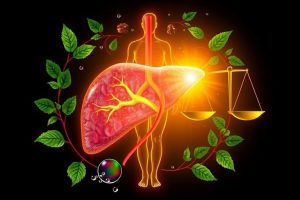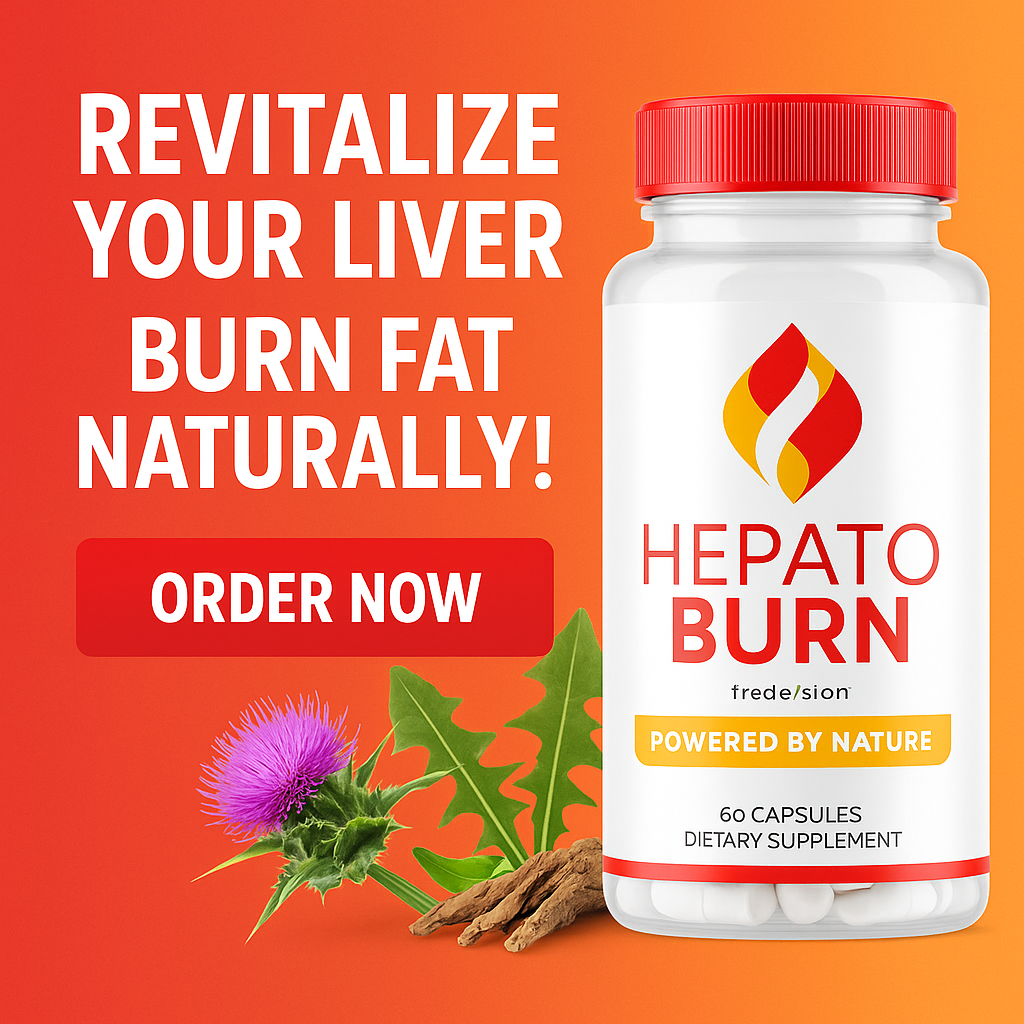How Choline Supports Liver Health and Fat Metabolism
Choline is an essential nutrient that plays a vital role in maintaining liver health. It is a precursor to phosphatidylcholine, a key component of cell membranes, and is involved in various metabolic processes. In the liver, choline facilitates the breakdown and transport of fats, preventing their accumulation within liver cells. This process is crucial because excess fat buildup can lead to fatty liver disease, a condition characterized by the accumulation of fat in liver tissue.
Specifically, choline contributes to the formation of very low-density lipoproteins (VLDL), which are responsible for exporting triglycerides from the liver to other parts of the body. Without adequate choline, this fat transport mechanism becomes impaired, leading to fat retention in the liver. A deficiency in choline has been linked to the development of non-alcoholic fatty liver disease (NAFLD), highlighting its importance in liver function and overall metabolic health.
Evidence-Based Benefits of Choline Supplements for Reducing Liver Fat
Scientific research indicates that choline supplementation can have beneficial effects on liver fat reduction. Several studies have shown that individuals with fatty liver disease often have lower levels of choline, and supplementing with choline may help reverse or mitigate fat accumulation in the liver. Choline enhances liver detoxification processes and promotes fat oxidation, aiding in the clearance of accumulated fats.
Moreover, choline’s role in supporting hepatoburn—a term sometimes used to describe efforts to burn or reduce liver fat—makes it a promising adjunct in managing fatty liver conditions. By improving lipid metabolism and supporting liver health, choline supplements may contribute to better liver function and overall metabolic balance.
What Is the Optimal Dosage of Choline for Liver Support?
The recommended daily intake of choline varies depending on age, sex, and health status. For adult men, the Adequate Intake (AI) is approximately 550 mg per day, while women should aim for around 425 mg daily. Pregnant and breastfeeding women require higher amounts, typically around 450-550 mg and 550-600 mg respectively.
Effective dosage for liver support may depend on individual factors such as existing deficiencies, dietary intake, and overall health. It is important not to exceed the tolerable upper intake level of 3,500 mg per day, as excessive choline consumption can lead to adverse effects. Consulting with a healthcare professional can help determine the appropriate dosage tailored to your specific needs.
Safety Considerations and Potential Risks of Choline Supplementation
Choline is generally considered safe when taken within recommended limits. However, long-term high-dose supplementation may cause side effects such as fishy body odor, sweating, gastrointestinal discomfort, and low blood pressure. Overconsumption can also lead to hypotension or liver toxicity in rare cases.
Individuals with certain health conditions, such as kidney disease or allergies to choline-containing products, should exercise caution. Pregnant women and those on medication should consult their healthcare provider before starting choline supplements to avoid potential interactions or adverse effects.
Choosing High-Quality Choline Supplements: What to Look For
When selecting a choline supplement, consider key ingredients like phosphatidylcholine, choline bitartrate, or CDP-choline (citicoline), which have different bioavailability profiles. Sourcing from reputable brands ensures product purity, potency, and safety. Look for third-party testing or certifications that verify ingredient quality and absence of contaminants.
Reading labels carefully and choosing supplements with transparent ingredient lists can help ensure you receive a high-quality product that effectively supports your liver health goals.
Synergistic Nutrients for Liver Health and Fat Reduction
Combining choline with other nutrients can enhance its beneficial effects on liver health. Betaine, methionine, and omega-3 fatty acids are known to support liver detoxification and improve lipid metabolism. For example, betaine acts as a methyl donor, aiding in liver fat reduction, while omega-3 fatty acids help decrease inflammation and promote healthy fat breakdown.
Dietary strategies such as increasing intake of leafy greens, fish, and nuts, along with targeted supplementation, can optimize liver detoxification and fat metabolism. Integrating these nutrients into your diet, alongside lifestyle modifications like regular exercise and weight management, can support comprehensive liver health and fat reduction efforts.
Final Thoughts: Is Choline Supplementation Right for Supporting Your Liver Fat Loss Goals?
Current evidence suggests that choline plays a crucial role in preventing and reducing liver fat accumulation. When used appropriately, choline supplements can be a valuable part of a comprehensive approach to liver health. However, it is essential to consider individual needs, safety guidelines, and consult healthcare professionals before starting supplementation.
Incorporating choline-rich foods and supplements into a balanced lifestyle can support your efforts to improve liver function and achieve your fat loss goals. Remember, personalized guidance from a healthcare provider can help you determine the most effective and safe strategy for your unique health situation.




